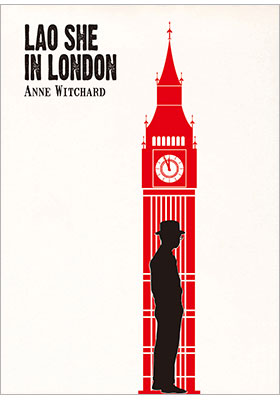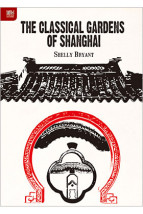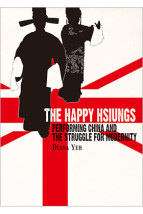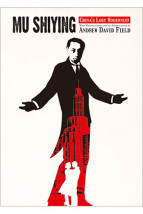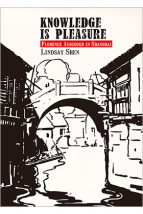Lao She in London
(老舍在倫敦:1924–1929)
ISBN : 978-988-8139-60-6
RAS China in Shanghai
August 2012
188 pages, 5″ x 7″, 14 b&w illus.
- HK$120.00
Ebooks
‘London is blacker than lacquer’
Lao She remains revered as one of China’s great modern writers. His life and work have been the subject of volumes of critique, analysis and study. However, the four years the young aspiring writer spent in London between 1924 and 1929 have largely been overlooked. Dr Anne Witchard, a specialist in the modernist milieu of London between the wars, reveals Lao She’s encounter with British high modernism and literature from Dickens to Conrad to Joyce. Lao She arrived from his native Peking to the whirl of London’s West End scene—Bloomsburyites, Vorticists, avant-gardists of every stripe, Ezra Pound and the cabaret at the Cave of The Golden Calf. Immersed in the West End 1920s world of risqué flappers, the tabloid sensation of England’s ‘most infamous Chinaman Brilliant Chang’ and Anna May Wong’s scandalous film Piccadilly, simultaneously Lao She spent time in the notorious and much sensationalised East End Chinatown of Limehouse. Out of his experiences came his great novel of London Chinese life and tribulations—Mr Ma and Son: Two Chinese in London (Er Ma, 1929). However, as Witchard reveals, Lao She’s London years affected his writing and ultimately the course of Chinese modernism in far more profound ways.
“A beautifully written book that combines literary biography with a remarkably succinct account of British modernism and an evocative portrait of interbellum London, as viewed through Chinese eyes. Anne Witchard reminds us eloquently of the key role played by Chinese influences—both classical and modern—in literary modernism, and makes a great contribution to our understanding of Lao She’s London years.” —Julia Lovell, Birkbeck College, University of London
“Sent by missionaries to teach Chinese in London, the fastidious writer and intellectual Lao She arrived in 1928 in a city brimming with prejudice where tourists visited Limehouse to see opium dens and experience the Yellow Peril at first hand. Lao She’s novel about London reflects his experience of missionary condescension and popular panic. Anne Witchard’s wonderful weaving of Chinese and British intellectual lives with the horror engendered by characters such as Dr Fu Manchu is a fascinating reminder of how attitudes and prejudices needed to change.” —Frances Wood, Curator, Chinese Collections, British Library
“This perceptive and engaging book explores the London years and writings of one of China’s finest twentieth century novelists. Lao She came to Britain to teach Chinese, but as Witchard ably shows, the fiction and essays he wrote here teach us instead new ways to understand 1920s London, Anglo-Chinese relations, and the transnational world of modern literature.” —Robert Bickers, Department of History, University of Bristol
“Witchard’s book makes a valuable contribution to both the reconception/expansion of the Modernist literary canon as well as to the ethnic diversification of London’s cultural landscape, which, we tend too often to forget, has since much earlier than the advent of Postcolonial theory, been home to and a source of inspiration for many migrant writers.” —Adele Lee, The Literary London Journal

